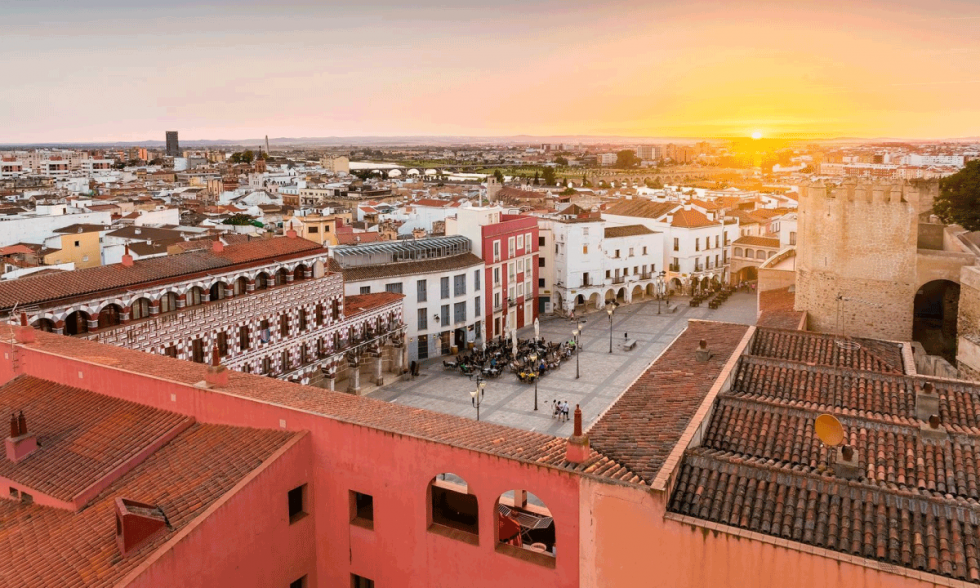Global Logistics: Strategic Leadership and the Role of the Master in Integral Logistics
In today’s interconnected economy, delays in product deliveries do not just affect local operations—they can result in millions of dollars in losses, damage corporate reputation, and compromise competitiveness in international markets. Logistics, once seen as a purely operational function, has emerged as a core strategic element that defines efficiency, resilience, and sustainability for businesses worldwide.
According to the World Bank’s Logistics Performance Index, countries with higher logistical efficiency experience international trade growth rates roughly 20 percent higher than those with less effective supply chains. This demonstrates that managing transportation, coordinating complex operations, and leveraging advanced technologies are no longer optional—they are essential to global business success.
Challenges and Opportunities in Modern Logistics
The rise of e-commerce, globalization of suppliers, and technological advances have placed logistics at the forefront of competitive advantage. Companies now face challenges such as supply shortages, fluctuating demand, and sudden regulatory changes across international markets.
The COVID-19 pandemic highlighted the vulnerability of global supply chains. Port congestion, transport delays, and sudden disruptions underscored the need for professionals who can anticipate and mitigate logistical risks. Studies from McKinsey & Company suggest that digitalization in logistics can reduce operational costs by up to 15 percent while improving delivery speed and customer satisfaction—critical advantages in an increasingly competitive global environment.
Training the Next Generation of Global Logistics Leaders
In response to this demand, ITAE Business School, a Spain-based higher education institution specializing in executive education, has partnered with the Strategic and Business Studies Center of Chile, an institution dedicated to strategic analysis and professional development in Latin America, to offer the Master in Integral Logistics.
The program combines theoretical knowledge with practical applications through case studies, simulations, and applied consulting projects. Participants develop expertise in:
- Supply chain management and international logistics
- Multimodal transport and distribution
- Strategic inventory planning
- Sustainable logistics practices
- Advanced technological tools, including data analytics and artificial intelligence
This comprehensive training equips professionals to anticipate operational challenges, optimize processes, and lead teams in complex international environments.
Global Perspective and International Impact
The master’s curriculum goes beyond Europe and Latin America. Students examine logistics practices in Asia, Africa, and North America, understanding how local factors such as infrastructure, regulation, and technology affect global supply chains.
The collaboration between ITAE Business School and the Strategic and Business Studies Center of Chile enriches the program with multiple perspectives, preparing graduates to operate in diverse markets and optimize the movement of goods on a global scale.
Integral logistics extends beyond transport and warehousing; it encompasses strategic planning, sustainability, cost control, and regulatory compliance. According to the Spanish Confederation of Freight Forwarders (CETM), adopting integrated logistics models can enhance operational efficiency by up to 25 percent, directly impacting international competitiveness.
Innovation and Technology in Supply Chain Management
The program emphasizes technological innovation, introducing students to supply chain management systems, predictive analytics, artificial intelligence, and digital solutions for multimodal transport. These tools enhance delivery speed, reduce operational risk, and ensure global traceability—essential capabilities in a market where efficiency and reliability determine success.
Graduates leave the program with the ability to analyze complex supply chain networks, anticipate disruptions, and implement strategic solutions. This international expertise is increasingly sought after by multinational corporations, transport companies, and organizations seeking to strengthen their global presence.
Logistics as a Competitive Advantage
Logistics has evolved from a support function into a strategic engine that determines the efficiency, resilience, and competitiveness of companies and economies worldwide. Programs like the Master in Integral Logistics from ITAE Business School and the Strategic and Business Studies Center of Chile provide the training necessary for professionals to lead global supply chains, manage operational complexity, and maintain the flow of goods and services across continents.
In a world where market dynamics change rapidly, the ability to optimize logistics operations is no longer a secondary skill—it is a decisive factor for business success. Through comprehensive education, exposure to international practices, and advanced technological training, graduates of this program emerge prepared to navigate the challenges of global logistics and drive sustainable, strategic impact in their organizations.
Related Articles

DBS reports over US$1 billion in economic value from its AI investments, driven by hundreds of applications and 1,500+ models. The bank’s strategy of combining technological innovation with human reskilling and governance offers a roadmap for global institutions.

The Extremadura Assembly has approved Law 3/2025, granting UNINDE official status as a private university. Based in Badajoz, UNINDE will launch with ten undergraduate degrees, seven master’s programs, and two doctorates across in-person, hybrid, and virtual formats.
Todos los derechos reservados


Comentarios